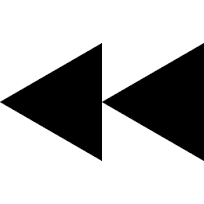记忆方法
将“backward”联想为一个人或物体在时间或空间上“倒退”,例如,一个人向后退步或一个时钟指针倒转。这种运动或时间的倒流形象可以帮助你记住“backward”这个单词的含义。
以上内容由AI生成, 仅供参考和借鉴
中文词源
backward 向后
back, 后。-ward, 动词后缀,转,同verse.
英语词源
- backward (adv.)
- c. 1300, from abakward, from Old English on bæc (see back (adv.)) + -weard adjectival and adverbial suffix (see -ward). Old English had the adverb bæcling. As an adjective, from 1550s. Meaning "behindhand with regard to progress" is first attested 1690s. To ring bells backward (from lowest to highest), c. 1500, was a signal of alarm for fire or invasion, or to express dismay. Another Middle English word for "backward, wrongly" was arseward (c. 1400); Old English had earsling.
权威例句
- 1. The car passed over the body twice, once backward and then forward.
- 那辆车把那人来回轧了两次,先是倒着轧的,再是往前开着轧的。
- 2. History may judge the enterprise to have been rather backward-looking.
- 历史也许会证明这一雄心勃勃的计划过于保守了。
- 3. We need to accelerate the pace of change in our backward country.
- 我们应当为落后的祖国加快变革的脚步。
- 4. He took two steps backward.
- 他后退了两步。
- 5. She strode past him without a backward glance .
- 她大步从他身边走过,都没有回头瞧他一眼。

